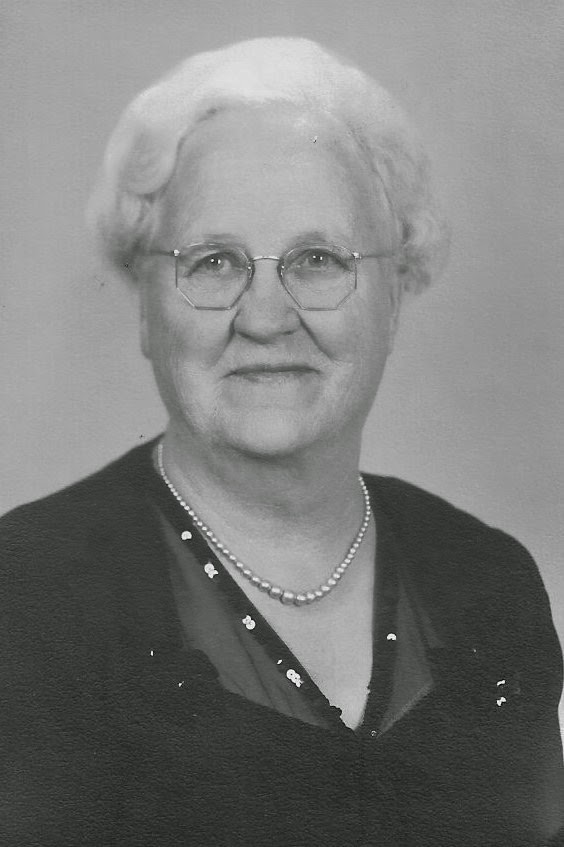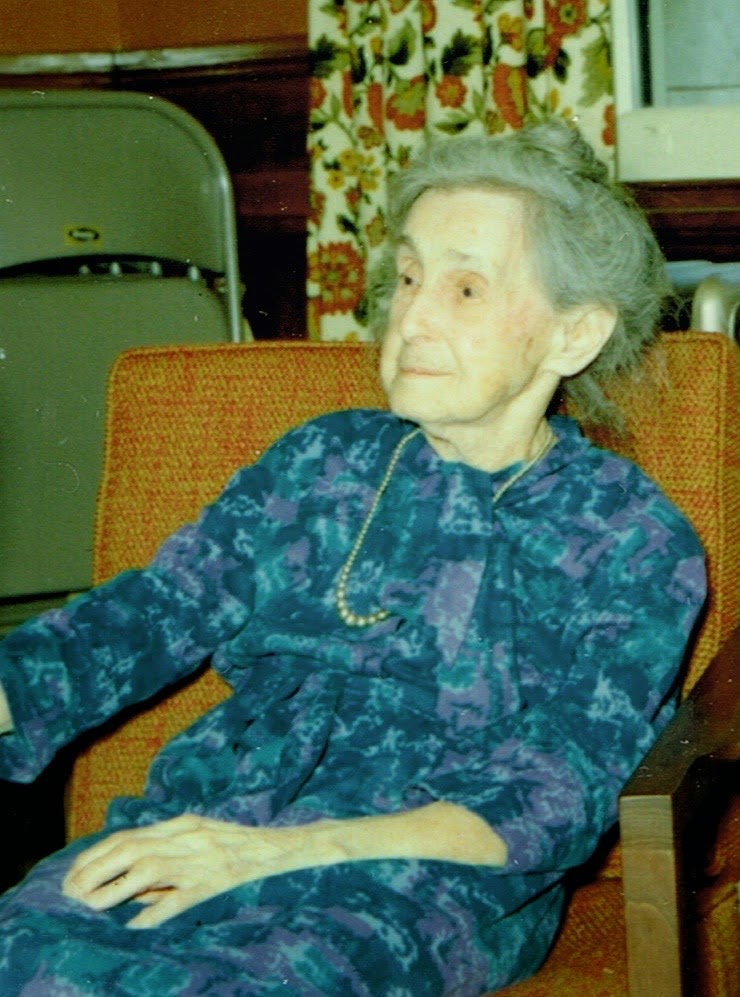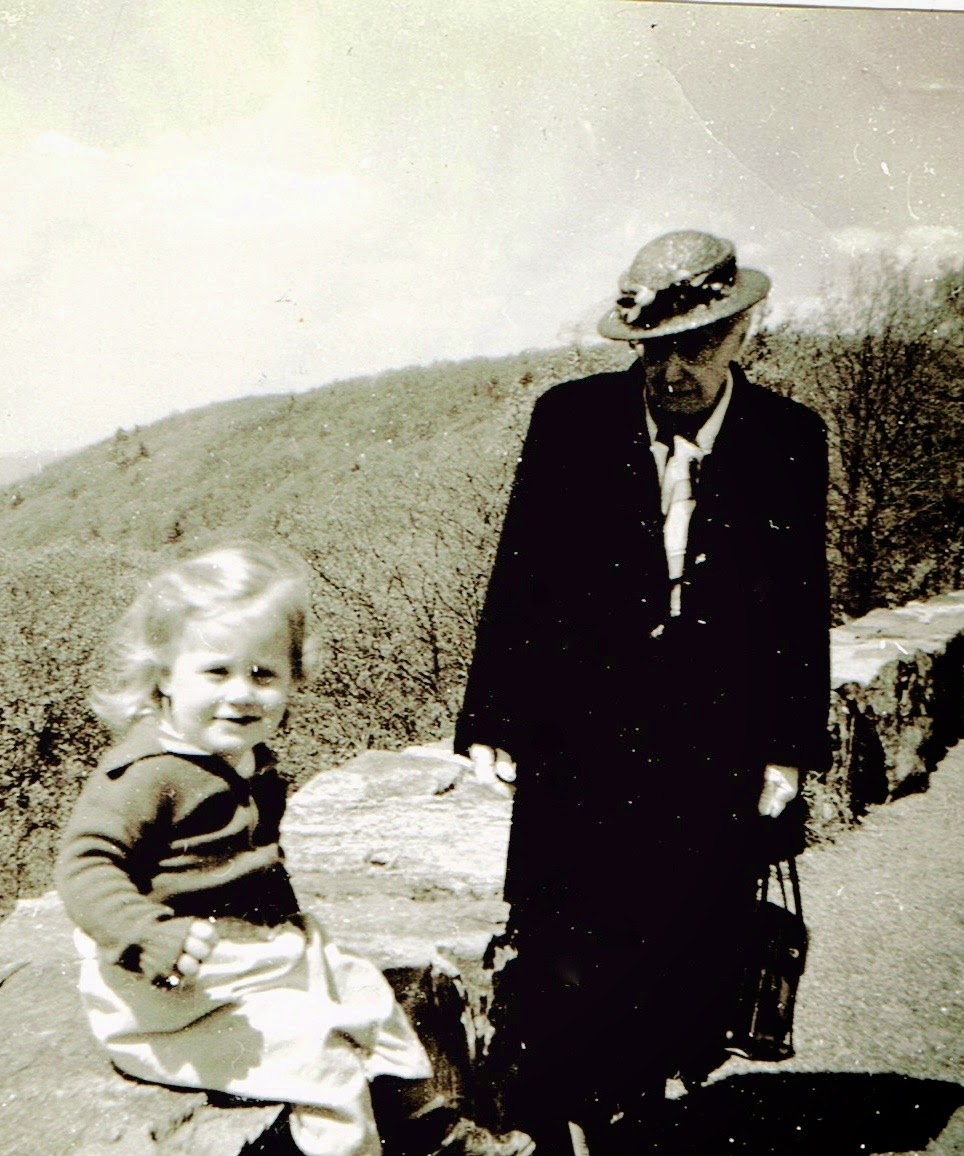 |
| Grandma |
Most of us liked old folks well enough when we were kids; they seemed interested in us, and sometimes they had candy (antique candy, but hey), and sometimes they’d refer to some mythical childhood of theirs. But they seemed like a different tribe altogether. Theoretically, we knew we’d get old too. But the transitions were impossible to imagine. Their skin didn’t even fit properly anymore. How can one be so inattentive as to let something like that happen? How do you go from having a neck to wearing a neck (draped, cowl-like)?
But of course it happens day by day. And the transitions aren’t easy. Grown-up people in their mid-thirties who seem otherwise levelheaded occupy themselves plucking out gray hairs one by one, scouting their mirrors as avidly as a sniper.
It gets worse later. If a woman is fortunate enough to plow on through to the far side of menopause, stuff starts happening in a hurry. Everything goes to pot at once, after the first horrifying salvo from the neck region. Short-armed women learn to disdain the selfie. No one who takes the time to crouch over a mirror placed on the floor ever agrees to be “on top” again. It’s not an easy transition. And then, suddenly, the whole apparatus of attractiveness has gone so far off the rails that you realize, with relief, that for the first time since you hit double digits, you just don’t give a flying shit anymore. In fact, even if your ass starts to fall, you ignore it until it starts banging against the back of your thighs. Then you dust it with powdered sugar and roll it up and duct-tape it to your waist just to make the slappy noise go away. Done.
But then there’s another transition.
 |
| Great-Aunt Caroline |
You’ve heard it before: yep, she’s a hundred years old and still sharp as a tack. I had great-aunts at least that age of whom that was said. I couldn’t vouch for them: they didn’t have that much to say. They just sat all hunched up in their dresses and hats and lace hankies, clutching their little purses. I took it on faith that they were sharp as a tack, and presumed that genetic blessing would be mine.
Then I read somewhere that the incidence of cognitive decline among people in their nineties is 100%. That’s high. I didn’t want to believe it.
But I’m thirty years away from that decade, and things have started to slide already. You think you have control, but you don’t. I notice it especially when I’m around interesting young people. I start to tell a funny story and realize I’ve told it before, except when I don’t. I get a great quip all ready to go in the middle of someone else’s sentence and prepare to launch it when it’s my turn, but five words in I’ve forgotten what we’re talking about. I miss the off-ramp on the freeway because some other part of me decides I’m going to the mountain instead. I lather, rinse, and repeat because I can’t remember if I lathered and rinsed a minute ago.
So what you read is that we seniors are merely developing a different kind of intelligence, one in
 |
| Great-Aunt Gertrude |
which trivial information is cast aside, and we are able to pull our life experiences together into some kind of superior, holistic perspective that is unavailable to the callow young. This is the sort of interpretation of age and deterioration that you get when Baby Boomers are writing the script. Not that a fine holistic perspective isn’t just what you need when you ponder trivia like what your car keys are doing in the vegetable crisper. We may have gained a little by losing our vanity, but let’s face it: we’re not what we were.
And I realize. Those hundred-year-old people aren’t sharp as a tack. They’re just responding appropriately, their shoes are sensible, and they’re not drooling. I’ve adjusted my aspirations. On my hundredth birthday, I’m going to dust myself with powdered sugar and put virtual duct-tape over my mouth and a twinkle in my eye. I don’t care if I know what’s going on as long as I can still fake it.
When we attain that certain age we have more past than future – and the future seems strange and alien, so we tend to live in the past and converse with other people who can relate – people who also live in our world of the past.
I owned a 49 Packard with a radio antenna that you could raise and lower from the dash…
the Ol'Buzzard
Fancy! I'll bet you wish you still owned it. My first car was a 1975 Subaru. I have nothing good to report about it. The electrical system was powered by aliens. Sometimes if you put on your blinker, the radio would go off.
I am in my nineties, it's true
And I'm glad that it's me and not you
Cause where would I be
When the doctor I see
Is not here, but is in Timbuktu?
I would take you to there and beyond!
Why it's only just over the pond.
Just a wee bit of time,
And we're in a new clime,
Where our new day has already dawned.
Apart from the bulging abdomen, at 68 I'm much the same as I was a few decades ago. But that's probably only because my body is furtively gearing up for some stupendous, comprehensive collapse in a few days' time. Then I'll be wheeled off hurriedly to the old folks' home, drooling and incontinent, by my mortified wife.
Oh yah. Your body is setting you up for the big one, all right. You should practice with something more consequential than a paunch.
Oh! Battling limericks. Love it!
We'll be dull or be smart as we age
All my years, I've admired that stage
As a matter of course
Without fear or remorse
Act as we like, till we're offstage
Wait . . . . what are we talking about?
I'm hoping it works out that way;
I try to keep illness at bay.
But we're not in control,
It's all simply a roll
Of the dice. At least that's what they say.
Hah. I, meanwhile, have taken the shrewd course of deliquescing backwards into simpler life forms as I go. Grandpa Prokaryote.
I've always liked blue-green. I'm going algal.
Hey, my shoes are sensible, too! And I only drool when I smell something good cooking.
One and a half out of three isn't bad.
And you do have your grandma's looks, updated to the current time, of course.
Sometimes I see it. Sometimes the weird Brewster parts come to the fore. Especially in the morning, in the harsh bathroom light. Hello, Aunt Gertrude, I say.
Thanks a lot Murr. I realised some time ago that my youthful body was better than I gave it credit for. I think its mind was cluttered with thinking about useless things (like that and other bodies).
I do worry when I march into a room – and cannot remember what for. And only drool in my sleep. I think. 100? Celebrate without me please.
Oh, you'll be invited.
Walked down to the beach yesterday (first time in a long while) and sat for a few minutes, watching surf skiers and an old man fishing.The walk home didn't seem as huff-and-puff as usual.And then I realised why…we were not cracking the pace, more an easy stroll.Only took seven decades to figure that out.Yep, we're tack-sharp alright!
Like, duh. Slow down! I'm amazed at how long it takes me to figure out stuff.
The cognitive dissonance is a bear. Holding firmly to the belief that I am as good as I ever was in spite of overwhelming evidence to the contrary. Which gets harder to ignore, day by day.
I'm a fan of ignoring. That works too.
I figure we are just hoping to dodge bullets we don't even know are coming at us.
We can't worry about things we don't know about, right?
(Well, I can, but I'm trying not to.)
I'm even okay with not dodging bullets, as long as I don't see them coming.
Senility Prayer:
"God grant me the senility to forget the people I never liked anyway, the good fortune to run into the ones I do, and the eyesight to tell the difference. Amen."
I'm forgetting all of them. It's not your-all's fault, though.
"I don't care if I know what's going on as long as I can still fake it."
Hah! I do some of that even now. Heck I've been doing it all my life.
I suspect most of us are. It's a lifelong journey to authenticity.
As regards the aging process, you have absolutely nailed it –except for the rear end, worked mine off years ago. My wife is now the stronger of us, in durability and mental acuity. Women generally choose their gender more wisely than men. Stop me if I've told you this before (who's kicking me under the table?).
I'm not sure I chose my gender. There was that big long form with all the blah blah blah and the menstruation notice and the adolescent anxiety and you know? You just skim all that and sign at the bottom and then oh shit.
The comment poems are quit witty! One friend commented that I was still young, at the mid stage of my life. If that is true I will live to be 126!!
Let us know if things start to sharpen up after 110, okay?
One of my patients this weekend asked me every other sentence while I gave her her morning meds, why she was there (in hospital). I obligingly told her each time, and each time she exclaimed in wonderment, "Oh dear!" Otherwise she told me each morning she liked my shoes and my earrings. It could be worse.
I like your shoes. What am I doing here? (Just practicing)
I blog about some of my very ancient memories as a nurse. Aging has been good to me. I can't remember most of the bad stuff. I enjoy your blog very much
I'm so glad to meet you. Aging has been good to me too. Weird to still be spoiled after all these years.
My skin doesn't fit properly anymore either, but that just makes me fascinating to the grandchildren.
Grankkids, heck. I've even been known to play with myself. My skin, that is.